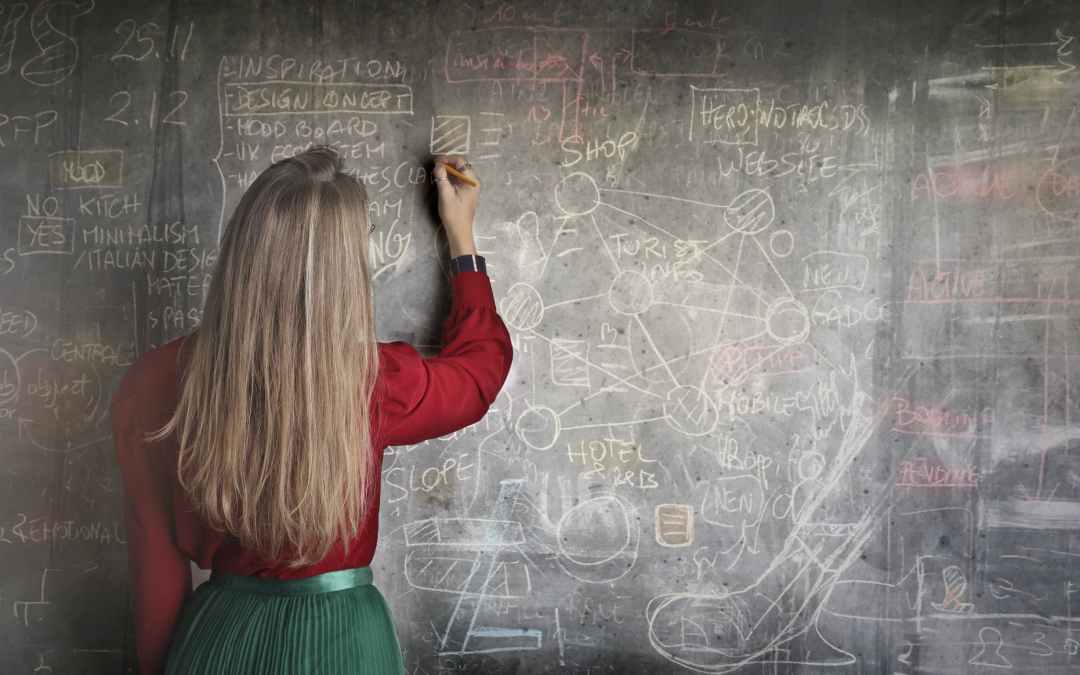Usually at this time of year we would look forward to school fairs and Christmas plays but this time we’re on hold and in limbo. As we heard into colder and shorter, this time feels tougher.
As we near the end of the year, it’s tempting to wish 2020 away but what can we do NOW to ensure our wellbeing in the coming months?
For those working in education you are working harder than ever- (and probably not at home making sourdough!) but what can we do to ensure we take care or ourselves in this time?
Health is the Greatest Wealth
2020 hasn’t been great for our mental or physical health. According to a study published by King’s College in May, as a result of lockdown:
>The proportion of people reporting they have drunk more than normal increased significantly
>More than half of us have put on weight
> More than half of us report feeling depressed or anxious
As teachers we know that the Autumn term is a long hard slog with the promise of Christmas at the end! Kids get sick and staff get sick too. Obviously this year the stakes are higher and it’s in everyone’s interest that we take care of our health. So what can we do?
I like to think about self care as being like a table, with four supporting legs. If one of those legs starts to wobble, the whole thing is in danger of collapse. The table legs that support my self care are not extravagant or indulgent, but in fact essential to my mental and physical well being.

The legs that hold up my table are:
> Sleep
>Nutrition
>Exercise
>Meditation
However, sometimes these vital aspects of self care can be perceived as a nice-to-have, once everything else is in place. But, I would argue that taking care of our mental and physical health is essential. When a teacher gets sick it doesn’t just impact you, but also the children, your colleagues, as well as the financial implications for the school.
So what are the four pillars or legs that support your self care and how could you make those a priority?
Manage Your Mindset
One of the great challenges of this time has been uncertainty. So much is outside of our control. However, my mantra throughout the first wave was that in any situation we have the opportunity to choose our response. We can choose to focus on what we have and what we want, rather than what we don’t.

One way to do this is to practice gratitude, because gratitude and fear cannot co-exist. When we practice gratitude we focus our minds on what we have and we are training our Reticular Activating System to seek out things to be grateful for- whether that’s the warmth of a cup of tea, a smile from a stranger or the fact we have a bed to sleep in. The practice of gratitude is simple: all you need is a pen and notebook to keep a daily record of 3-5 things you are grateful for. Practised over time, this has a huge impact on improving mindset.
As we approach Remembrance Day there are obvious parallels with the First and Second World Wars, as we collectively pull together to fight this global pandemic. We have faced hard times before and we have come through them. Just before half term the headteacher of my children’s school shared this in the school newsletter.
“We know from previous experience that we have the ability and power to overcome; we have within us the ability to keep going; we have the ability to learn from what we do; we have the ability to think afresh about how we tackle problems and we, as individuals, have the ability to take actions that may change the world. Every time we are challenged as an individual, or as a wider society we have the ability to come out stronger, changed and perhaps more compassionate.”
In schools we teach resilience, tenacity and perseverance and these skills are required here to see us through this challenging time.
As we enter a second lockdown I am determined to take care of my physical and mental health, while reminding myself:
This too shall pass
Sarah Bramall and Rebecca Daniel are ex teachers, with a combined experience of thirty years in secondary education. They are now Transformation Coaches, NLP and DISC practitioners working in education to improve Teacher Well Being. To learn more about the Teacher Well Being Project, please visit us here or connect on Linked In or Facebook.


Recent Comments